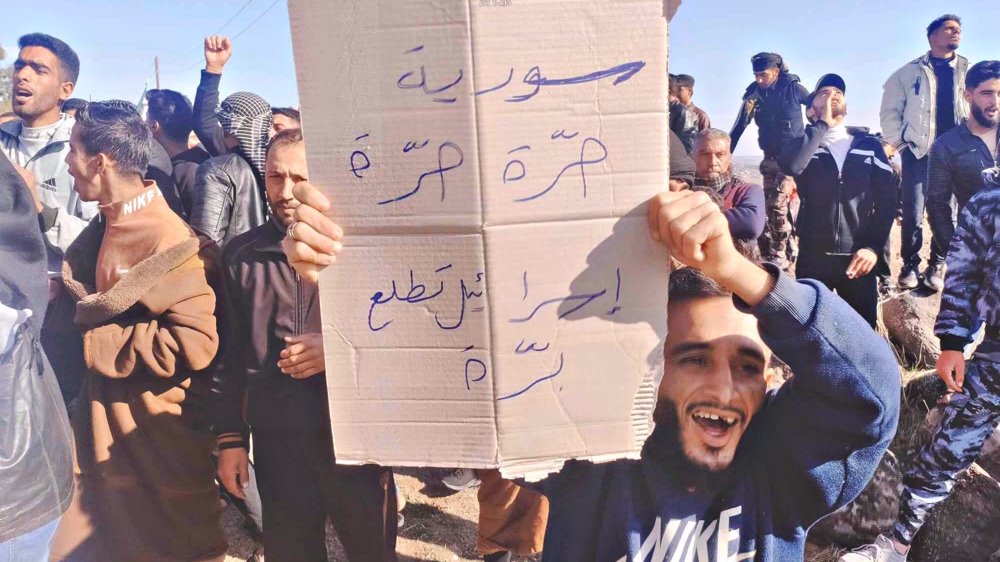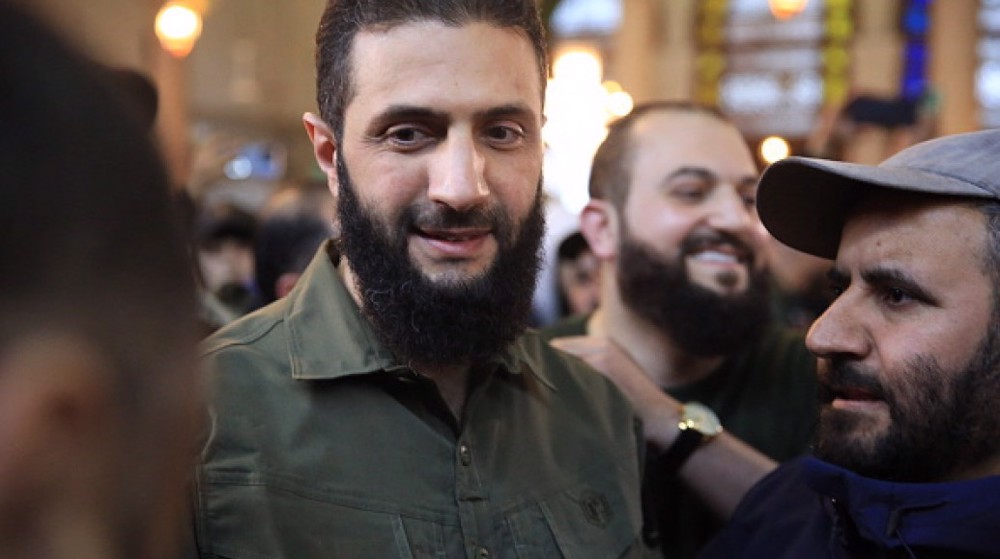UN calls Daesh temple destruction in Syria's Palmyra 'war crime'
The head of the United Nations cultural watchdog has strongly censured the Daesh Takfiri militant group for blowing up an ancient temple in Syria's historical city of Palmyra, calling the heinous act a “war crime”.
"This destruction is a new war crime and an immense loss for the Syrian people and for humanity," said Irina Bokova, the head of UNESCO, in a statement on Monday.
Daesh has blown up the Baal Shamin temple, considered the second-most significant in ancient Palmyra, raising concerns for the rest of the UNESCO World Heritage sites.
Bokova called for the perpetrators to be held responsible for the loss.
The destruction of the temple comes only days after the terrorist group decapitated the 82-year-old retired chief archaeologist of Palmyra, sparking international outcry.
"Daesh is killing people and destroying sites, but cannot silence history and will ultimately fail to erase this great culture from the memory of the world," Bokova said.
Worst fears realized
Syria's antiquities chief Maamoun Abdulkarim told AFP the temple was destroyed on Sunday.
"Our worst fears are sadly being realized," Abdulkarim said.
"Daesh placed a large quantity of explosives in the temple of Baal Shamin today and then blew it up," Abdulkarim said, adding , "The cella (inner area of the temple) was destroyed and the columns around collapsed."
The so-called Syrian Observatory for Human Rights, a Britain-based group that monitors the country's deadly conflict, confirmed the destruction of the temple.
But the Observatory said Baal Shamin had been destroyed a month ago -- a discrepancy which could not be immediately explained as information on Syria's war is often unclear.

The ancient Greco-Roman site was seized from government forces in May, prompting global concerns that Daesh might destroy it as it has heritage sites in parts of Syria and Iraq under its control.
The Daesh terrorist organization has been carrying out gruesome acts, including destruction of heritage sites, public decapitations and crucifixions against many members of all communities and ethnic backgrounds, including Arabs, Kurds, Muslims and Christians in areas they have seized in both Syria and Iraq.
How 8-year-old Lebanese child Fawaz nixed Ben Gurion’s 76-year-old fallacy
VIDEO | 700,000 Cubans rally at US embassy in Havana against trade embargo
Iranian embassy staffer assassinated by terrorists in Damascus
VIDEO | Press TV's News Headlines
Scandalous detention of Iranians by US to extort information
VIDEO | Israeli forces open fire on Syrians protesting occupation
Ezzedine al Qassam: the man who inspired armed struggle against Israeli occupation
Yemeni army claims hypersonic missile attack on Tel Aviv










 This makes it easy to access the Press TV website
This makes it easy to access the Press TV website